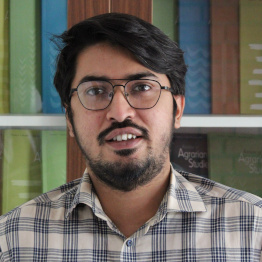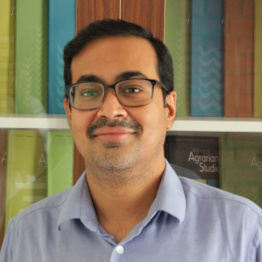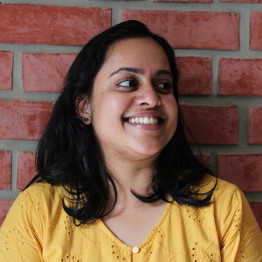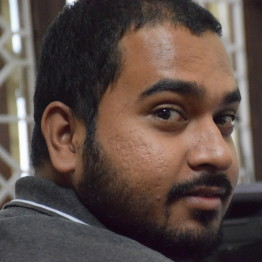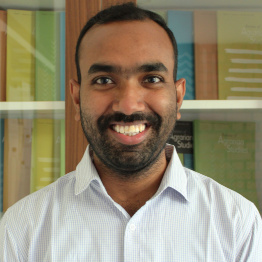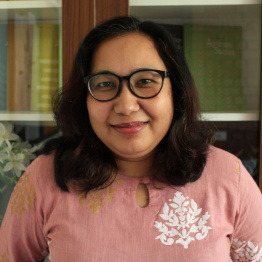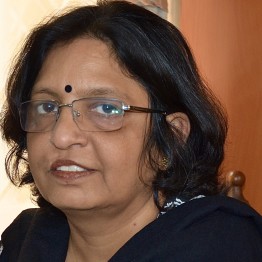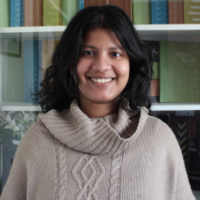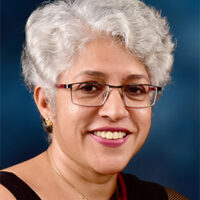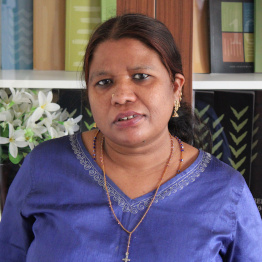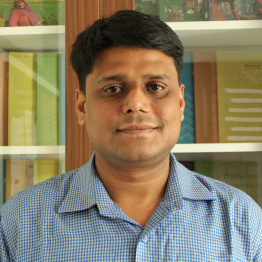FAS International Conference on “Women’s Work in Rural Economies” – Day 2
The second day of the Conference on “Women’s Work in Rural Economies,” organised by the Foundation for Agrarian Studies (FAS) in partnership with the Rosa Luxemburg Stiftung and the MS Swaminathan Research Foundation, began at 9 a.m. on December 01, 2018. The first session dealt with the conceptual issues regarding the definition and measurement of women’s work. The first paper to be presented in the session was titled “Measuring Female Work Participation in Rural India: What Do the Primary and Secondary Data Show?” by Yoshifumi Usami, Abhinav Kapoor and Subhajit Patra. This was followed by a paper by Shruti Nagbhushan, Subhajit Patra, and V K Ramachandran. Their paper attempts to study the work of women in rural India across different socio-economic classes. It draws on the data from various villages in India surveyed by FAS as part of the project on agrarian relations in India (PARI). Ritika Goenka and Madhura Swaminathan’s paper highlighted the drudgery of rural women’s work. Their study was based on the data from the time-use surveys conducted by FAS in 2017-18. The papers were discussed in detail by D. Narayana, Director at Gulati Institute of Finance and Taxation, and Mariam Dhawale, General Secretary of the All India Democratic Women’s Association (Mariam Dhawale also chaired the session).
The next session, chaired by Shakti Kak, dealt with issues of history and women’s work. Madhavi Jha’s paper documents the lives of labouring women in rural North India in the late nineteenth century. This was followed by a paper by Tamaki Kashio on the impact of mechanisation on women cultivators in rice cultivation in Shiga prefecture, Japan. While mechanisation in agriculture in Japan, on one hand, relieved women from various agricultural operations, it also allowed them the freedom to choose other work. Indu Agnihotri was the discussant for the two papers.
The following session was centered on women’s work in plantation economies in India. The papers by Jeta Sankrityayana, R Najeeb, and Ashmita Sharma and Karan Raut dealt with tea plantations in Assam and Kerala. Molly Chattopadhyay’s paper discussed the work of women in coffee plantations in Karnataka. Mridul Eapen chaired the session, and V. Surjit was the discussant for the papers presented.
The post-lunch session was on the International experiences on Women’s work on agriculture. It began with a paper by Nguyen Huu Minh on women’s participation in rice farming and orchards in Vietnam. The second paper, by Haroon Akram Lodhi, studied the gender gap in agricultural productivity in Malawi in southeastern Africa. In her paper, Rosa Luz Duran’s discussed women’s land rights in rural Peru. Her study also highlighted the division of labour between spouses in farm households. The papers were commented upon in detail by Kade Finnoff, and was followed by a lively discussion chaired by R. Rengalakshmi.
The next session had three papers that discussed specific aspects of women’s work in agriculture in India. S. Niyati described the role played by women in the rice economy of India, followed by Rengalakshmi on the various ways in which the mechanisation of agricultural operations has affected women’s work in agriculture. The last paper of the session was by Nitya Rao. Speaking from Norwich, she dealt with aspects related to the nutrition of women cultivators using primary data from two Indian districts. Nitya is the gender lead for the MSSRF-led research programme consortium — Leveraging Agriculture for Nutrition in South Asia (LANSA) and her presentation was based on a study of women’s work in agriculture, time use and its impact on nutrition. The session was chaired by A. V. Jose. Praveen Jha was the discussant for the papers.
The last session for the day was titled “Women in Allied Activities.” The papers by Chandan Roy, and Shruti Nagbhushan and Aparajita Bakshi were on the role of women’s work in sericulture in West Bengal and Karnataka respectively. R. Vijayamba’s presentation was on the critical role played by women in sustaining the livestock economy in rural Karnataka. Sarai Miranda’s paper was onfemale child labour use in floriculture in rural Mexico – its special feature was that the author worked as a floriculture worker while collecting data. Jesim Pais and Radhika Rani led the discussion for the session, which was chaired by Venkatesh Athreya.
The long, but thoroughly engaging, conference Day 2 came to an end at 7:15 p.m.
Some pictures from the day are below.






























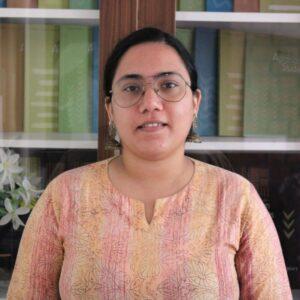






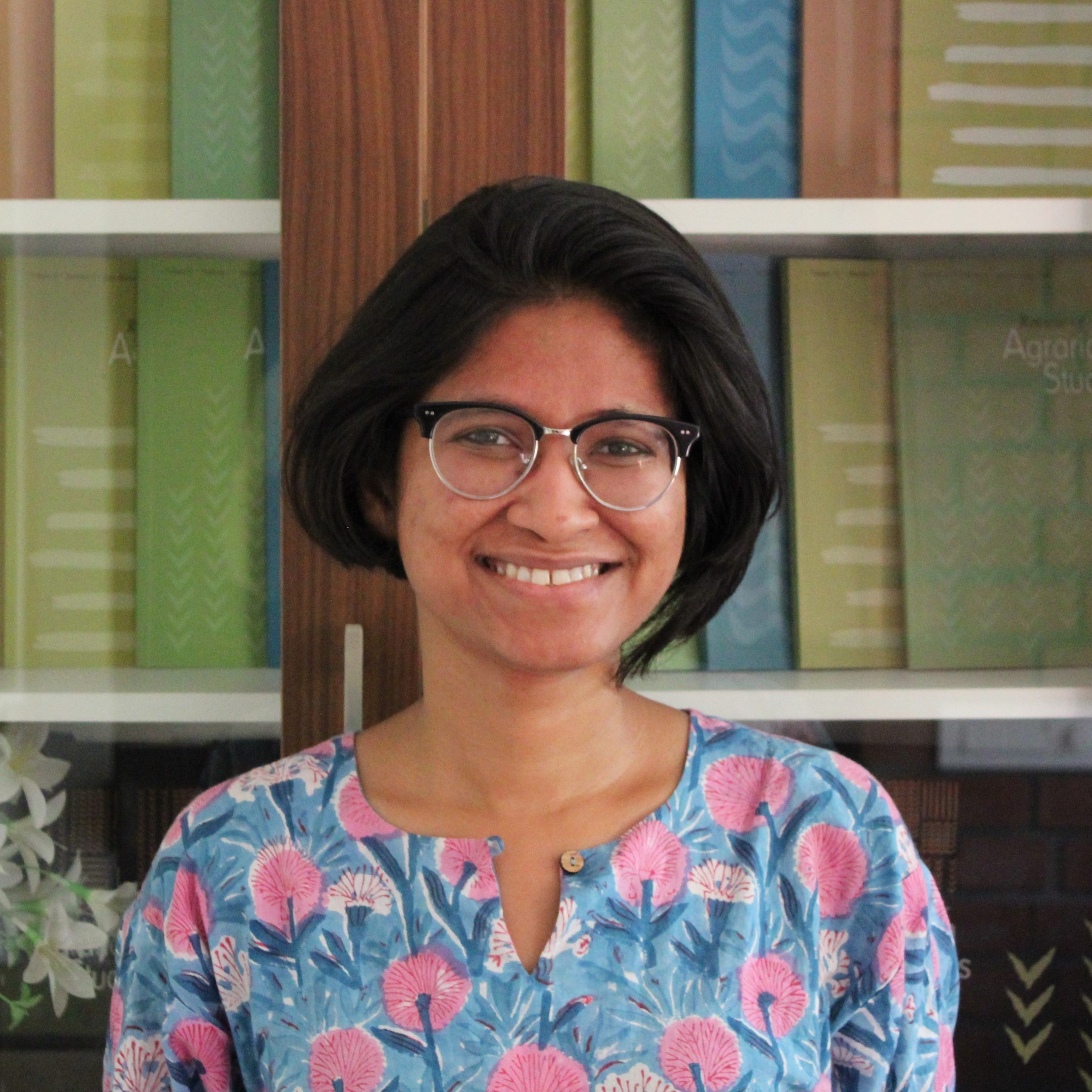
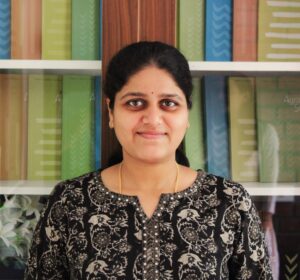
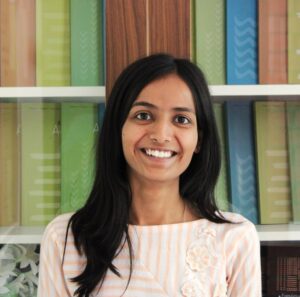
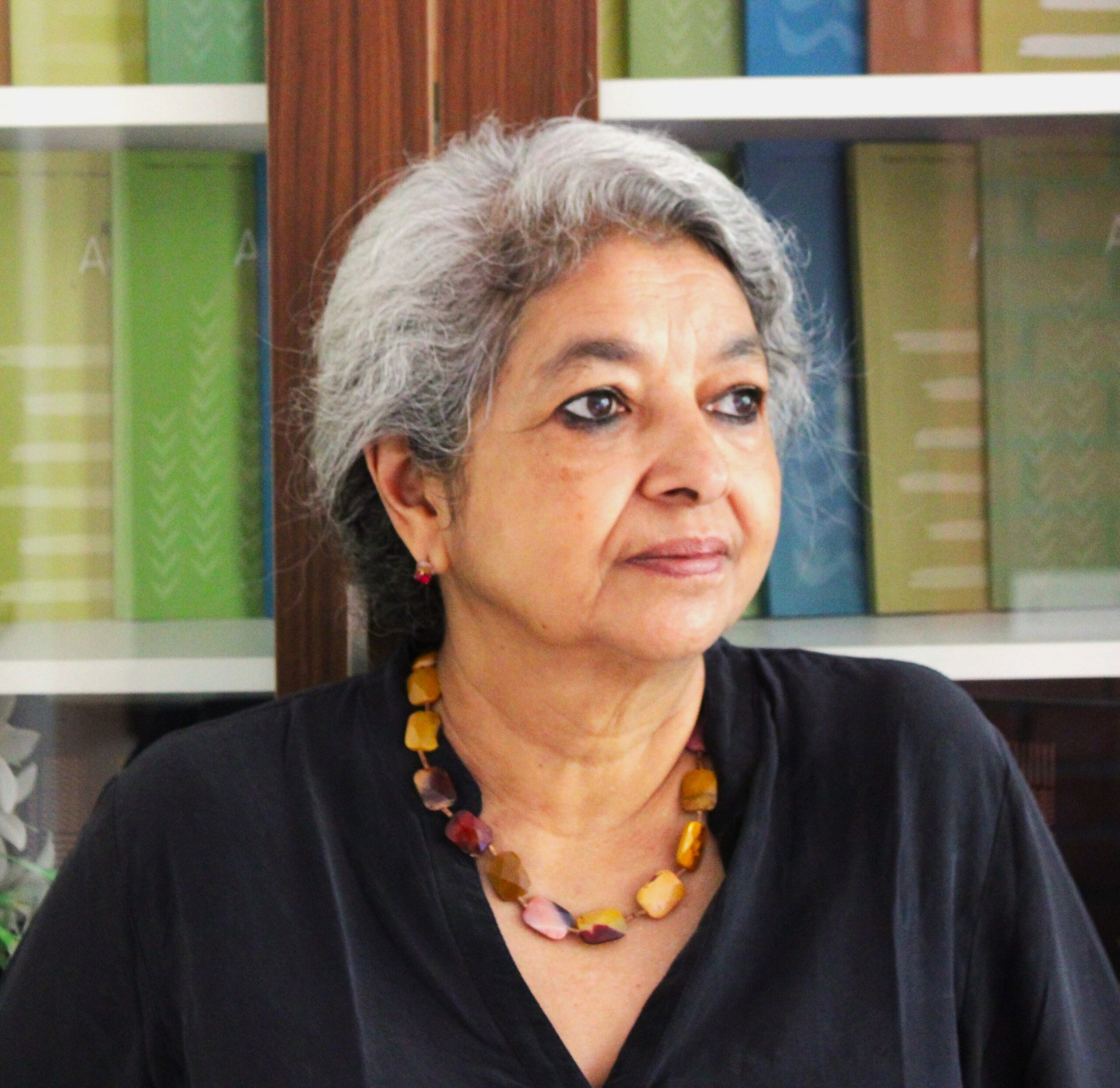
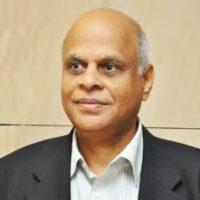





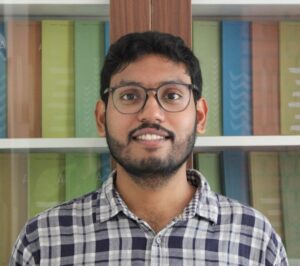
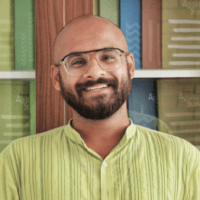

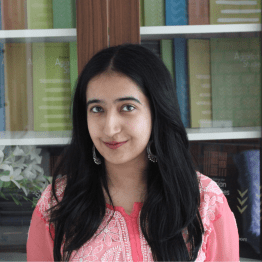
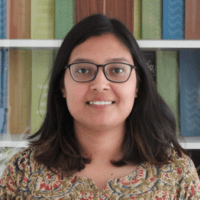
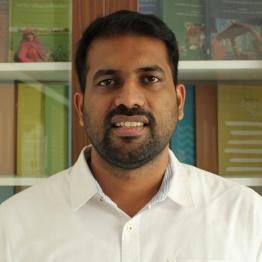


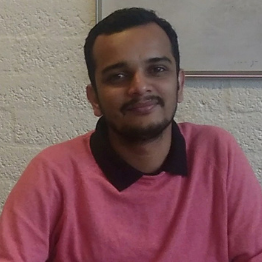

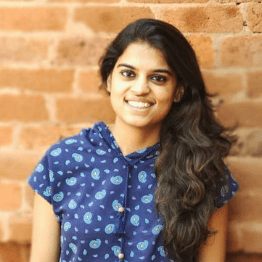


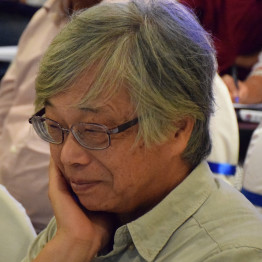
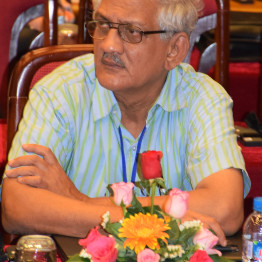
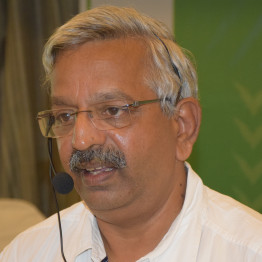

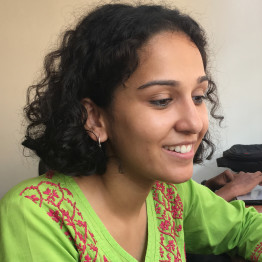
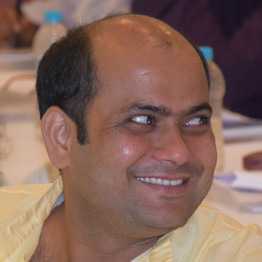

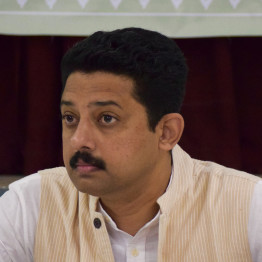

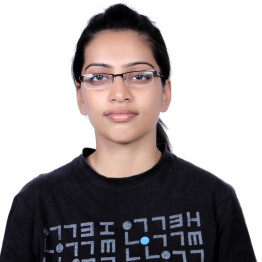
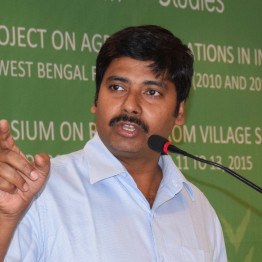
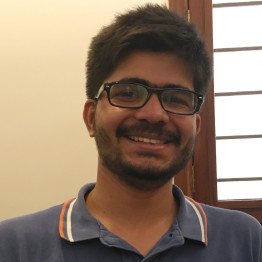
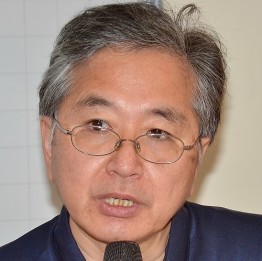

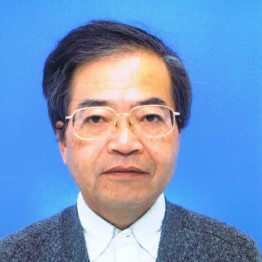
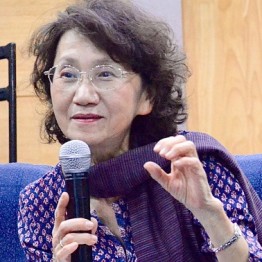

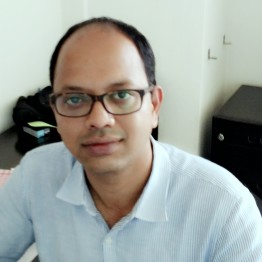

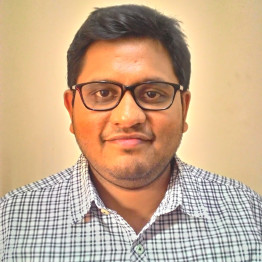
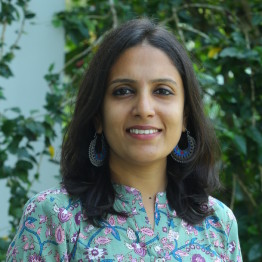
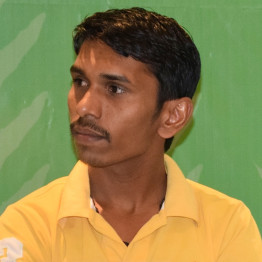
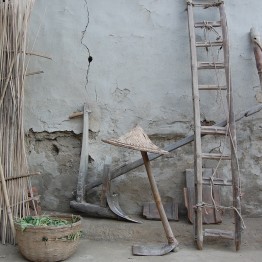
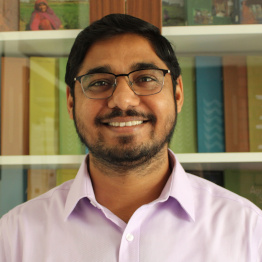
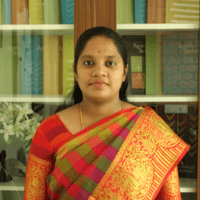 Sudha is an Administrative Assistant of the Foundation. She assists the administrative division of the Foundation and also has taken part in fieldwork organised by the Foundation.
Sudha is an Administrative Assistant of the Foundation. She assists the administrative division of the Foundation and also has taken part in fieldwork organised by the Foundation.
